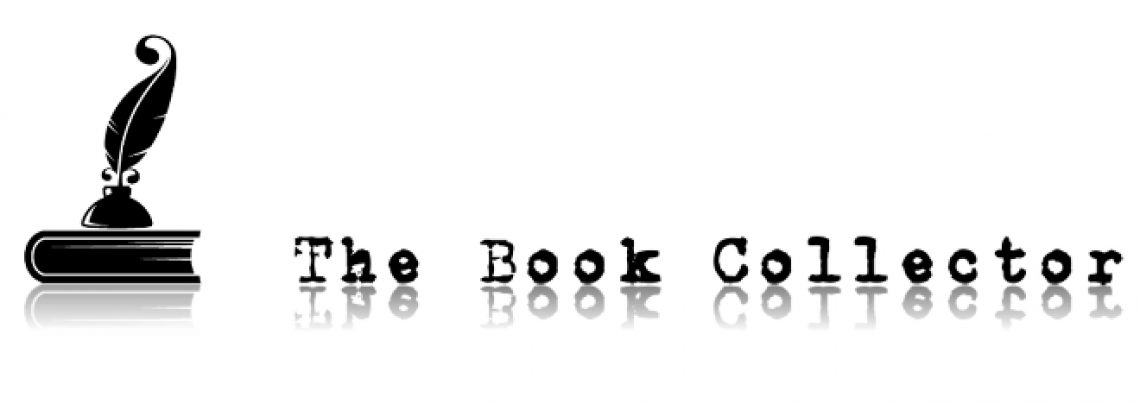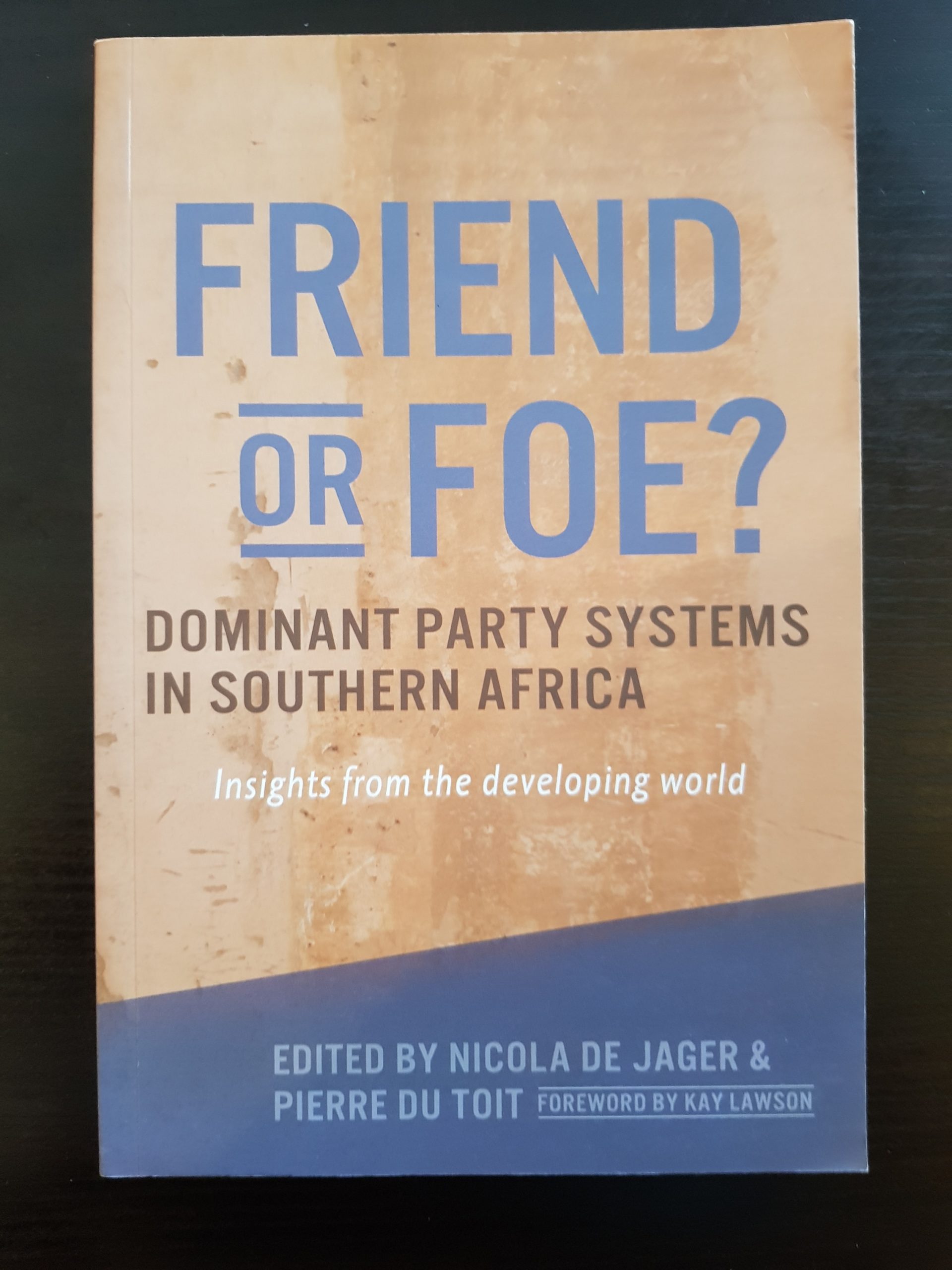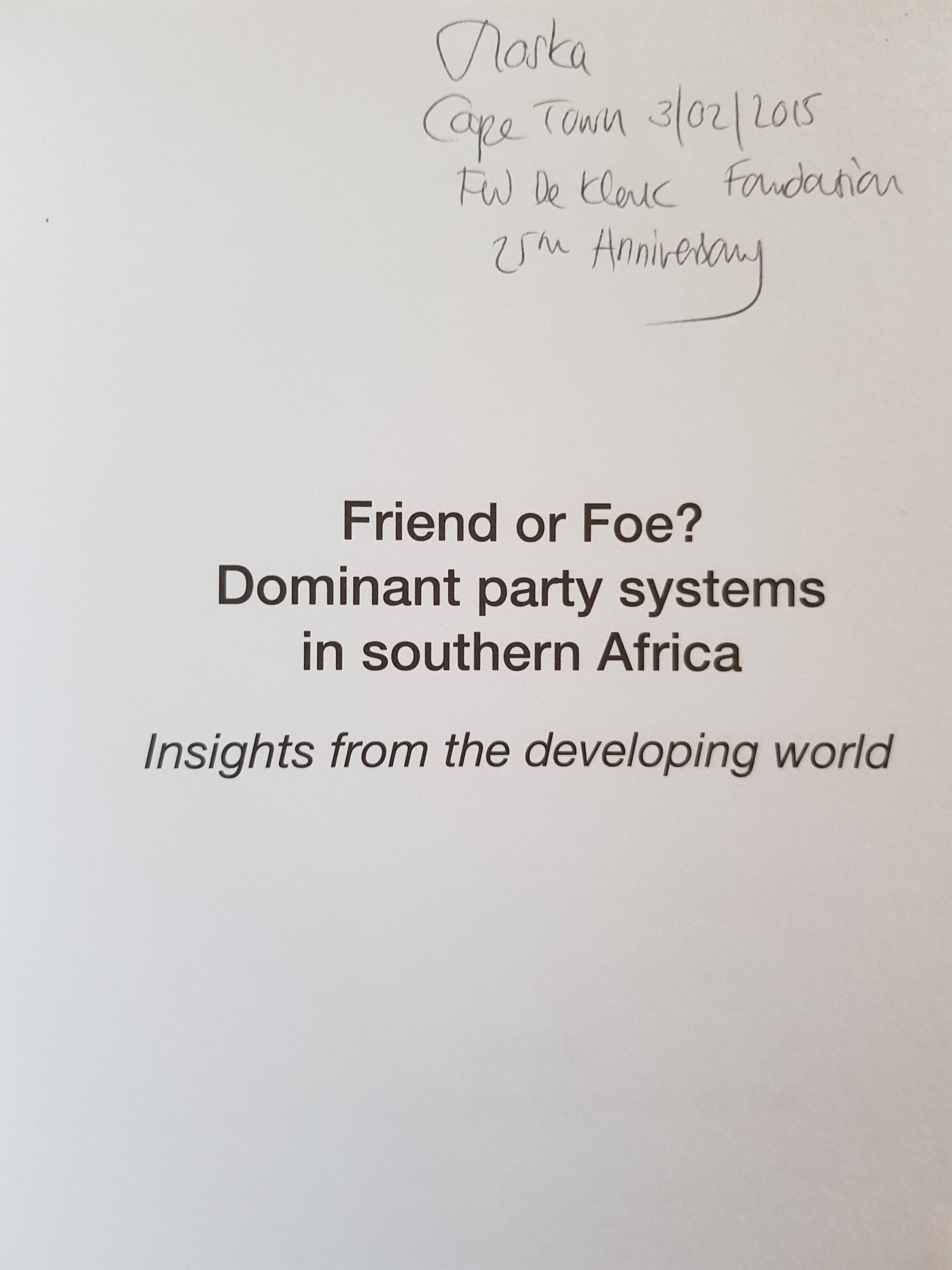R450.00
– Insights from the developing world –
Edited by Nicola de Jager & Pierre du Toit.
Foreward by Kay Lawson
Inscription on the inside cover referring to the 25th anniversary of the FW de Klerk Foundation (3/02/2015)
Within southern Africa, there is an observable increase in dominant party systems, in which one political party dominates over a prolonged period of time, within a democratic system with regular elections. This party system has replaced the one-party system that dominated Africa’s political landscape after the first wave of liberations in the 1950s and 1960s. This book seeks to understand this trend and its implications for southern Africa’s democracies by comparing such systems in southern Africa with others in the developing world (such as India, South Korea and Taiwan). In particular, the case of Zimbabwe stands out as a concerning example of the direction a dominant party can take: regression into authoritarianism. India, South Korea and Taiwan present alternative routes for the dominant party system. The salient question posed by this book is: Which route are Botswana, Namibia and South Africa taking? It answers by drawing conclusions to determine whether these countries are moving towards liberal democracy, authoritarianism or a road in between.
Price: R450.00
Edition: First edition
Published: 2013
Publisher: United Nations University Press
ISBN: 9781919895567
Condition: Paperback in excellent condition – as new.
1 in stock
Description
– Insights from the developing world –
Edited by Nicola de Jager & Pierre du Toit.
Foreward by Kay Lawson
Inscription on the inside cover referring to the 25th anniversary of the FW de Klerk Foundation (3/02/2015)
Within southern Africa, there is an observable increase in dominant party systems, in which one political party dominates over a prolonged period of time, within a democratic system with regular elections. This party system has replaced the one-party system that dominated Africa’s political landscape after the first wave of liberations in the 1950s and 1960s. This book seeks to understand this trend and its implications for southern Africa’s democracies by comparing such systems in southern Africa with others in the developing world (such as India, South Korea and Taiwan). In particular, the case of Zimbabwe stands out as a concerning example of the direction a dominant party can take: regression into authoritarianism. India, South Korea and Taiwan present alternative routes for the dominant party system. The salient question posed by this book is: Which route are Botswana, Namibia and South Africa taking? It answers by drawing conclusions to determine whether these countries are moving towards liberal democracy, authoritarianism or a road in between.
Price: R450.00
Edition: First edition
Published: 2013
Publisher: United Nations University Press
ISBN: 9781919895567
Condition: Paperback in excellent condition – as new.
Additional information
| Weight | 586 g |
|---|









